May 16, 2025 | 05:43 GMT +7
May 16, 2025 | 05:43 GMT +7
Hotline: 0913.378.918
May 16, 2025 | 05:43 GMT +7
Hotline: 0913.378.918
According to a survey by the International Finance Corporation (IFC), most businesses view greenhouse gas emissions reduction as an opportunity to generate revenue from the carbon market. However, there are still many challenges in participating in this market, requiring comprehensive legal and technical support.
At the Vietnam Carbon Market Forum 2025 held on April 10, Mr. Tang The Cuong, Director General of the Department of Climate Change under the Ministry of Agriculture and Environment (MAE), emphasized that following COP26, a new set of global rules governing trade and investment has taken shape. Within this framework, carbon credit markets have been actively developed and are now operating in many countries around the world, with growing engagement from the private sector.
"Currently, approximately 90 countries and territories are applying about 110 different carbon pricing instruments. In 2024 alone, these instruments are managing more than 12.8 billion tons of CO₂ equivalent, accounting for roughly 24% of total global greenhouse gas emissions. Of these, emissions trading systems (ETS) are being implemented in 36 jurisdictions, covering 19% of total global emissions, equivalent to around 10.1 billion tons of CO2",Mr. Cuong explained.
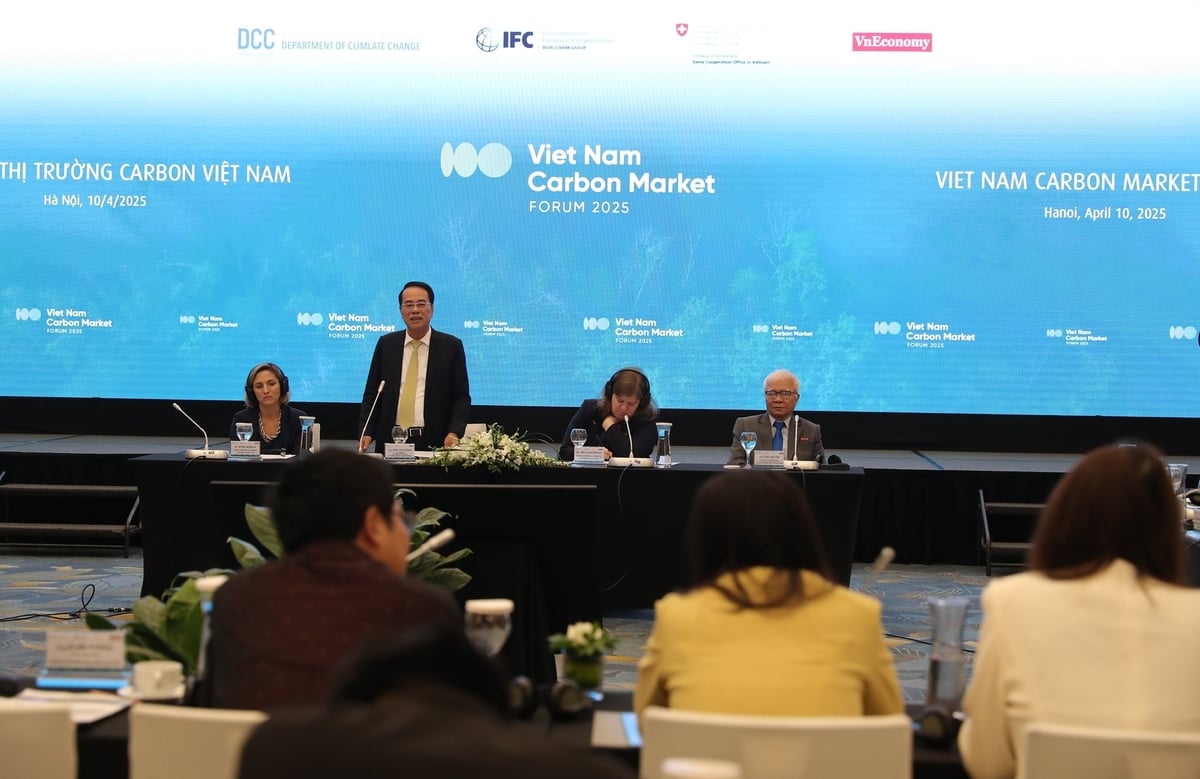
Mr. Tang The Cuong – Director General of the Department of Climate Change: “The decree on the carbon trading platform will be issued soon". Photo: Kieu Chi.
In line with the global shift toward green development, Vietnam is taking proactive steps to build its own carbon market. According to the roadmap set by the government, the pilot operation of the carbon market will begin in June 2025 and continue through the end of 2028. From 2029 onward, the carbon market is expected to be officially implemented nationwide.
Mr. Tang The Cuong, Director General of the Department of Climate Change (MAE) expressed optimism about the private sector's involvement: “Vietnamese enterprises are demonstrating a strong and determined readiness to engage in this emerging market".
Vietnam's participation in global carbon credit mechanisms dates back to the early 2000s, reflecting a consistent commitment to climate action. As of March 2025, the country has registered a total of 274 projects under the Clean Development Mechanism (CDM), 45 projects under the Verified Carbon Standard (VCS), and 58 projects under the Gold Standard (GS)—three of the most widely recognized international carbon credit systems. Together, these projects have helped reduce more than 60 million tons of CO2 equivalent.
Recently, the IFC, in collaboration with the Department of Climate Change, conducted a comprehensive survey aimed at assessing the readiness of Vietnamese enterprises to engage in the voluntary carbon market. The study focused on four key sectors that hold significant potential for emissions reduction and carbon credit generation: rice production, food and beverage (F&B) manufacturing, livestock farming, and waste management.
According to the survey results, a substantial proportion of businesses have already taken initial steps toward carbon accountability. Specifically, 80% of enterprises in the F&B sector, 50% in livestock farming, 40% in waste management, and 10% in rice production have completed greenhouse gas inventories. Moreover, many of these enterprises have implemented high-impact emissions reduction strategies, including energy-saving measures, the adoption of renewable energy sources, tree planting initiatives, and other sector-specific interventions tailored to their industries.
“Most enterprises see greenhouse gas emission reduction as an opportunity to generate revenue from the carbon market. They tend to prioritize participation in the domestic mandatory ETS over international markets due to its higher transparency and lower complexity", said Ms. Pham Lien Anh, Head of Consulting and Economic Research, Mekong Region, IFC.
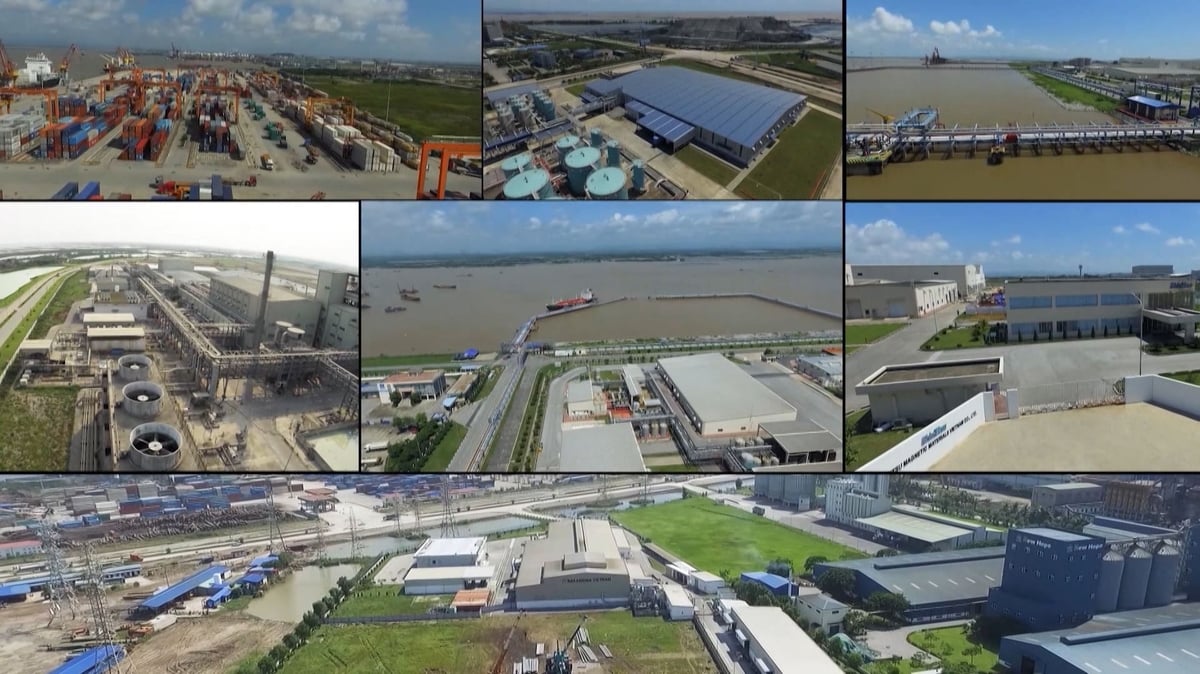
The businesses are now mentally prepared and ready to participate in the carbon market. Photo: Tong Minh.
Although businesses are well aware of the potential of the carbon market and show a willingness to participate, they continue to face numerous obstacles. According to the International Finance Corporation, many companies still lack adequate financial resources and technical expertise. There is also a limited understanding and awareness of carbon credit standards and the mechanisms involved in trading and verifying these credits. Additionally, businesses encounter difficulties in navigating the complex conditions, data requirements, and procedural steps necessary for registering carbon offset projects.
“It can take anywhere from two to three years, and sometimes even up to four years, to successfully register a carbon project", said Mr. Hoang Anh Dung, General Director of Intraco. “Vietnam urgently needs to establish official carbon standards and implement a clear roadmap that prioritizes advanced technologies such as offshore wind power and methane recovery systems in pig farming operations. At the same time, a robust carbon ecosystem should be built as soon as possible to lay the groundwork for the evaluation and approval of carbon projects within the country".
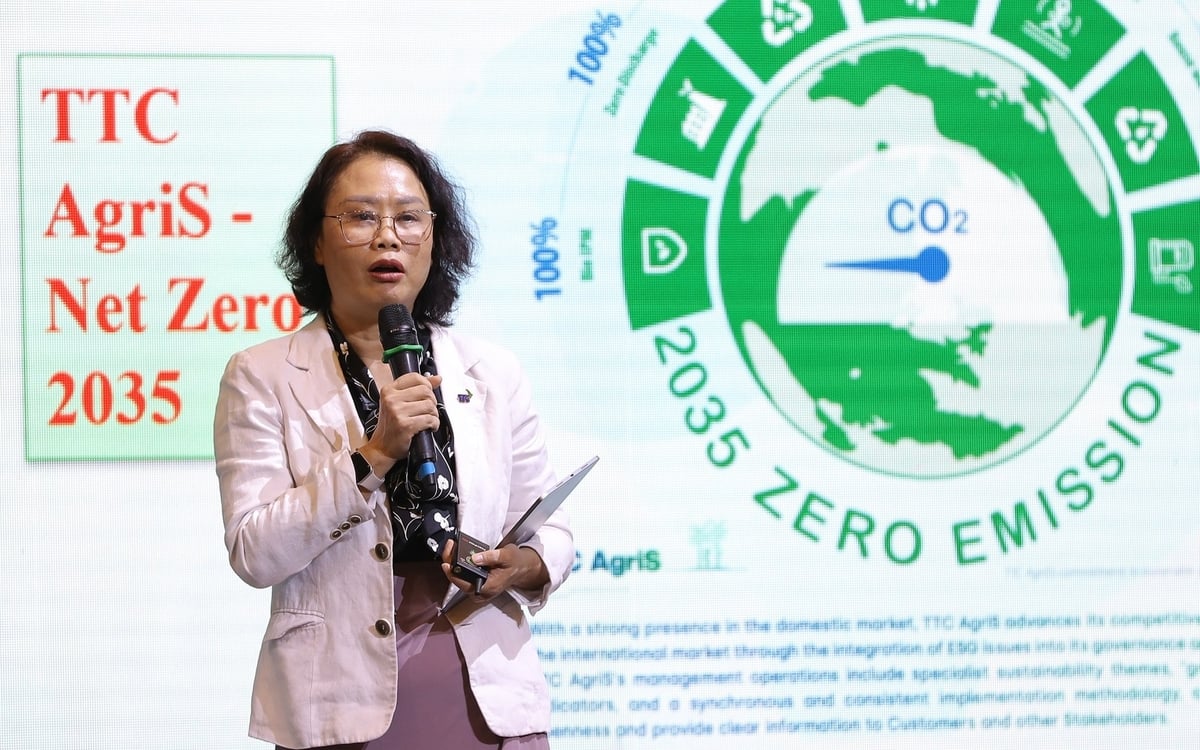
Ms. Vo Hoang Nga, ESG Director of High Technology at Thanh Thanh Cong – Bien Hoa Joint Stock Company, suggested that there should be a mechanism for carbon credit trading that allows businesses to participate and carry out transactions with ease. Photo: Kieu Chi.
According to Ms. Vo Hoang Nga, ESG Director of High Technology at Thanh Thanh Cong – Bien Hoa Joint Stock Company, it is essential to establish a clear and efficient mechanism for carbon credit trading, allowing businesses to easily engage in and carry out transactions. Government authorities need to promptly issue a policy framework for voluntary carbon trading and establish a set of standards for carbon credit certification in Vietnam.
Mr. Nguyen Anh Tuan, Director of HUSK Vietnam Co., Ltd., also proposed that relevant authorities consider the possibility of setting up an open carbon credit trading market. Such a market should not impose requirements on companies to sell credits to designated organizations, especially if the project is being developed using the company’s own resources. Furthermore, he suggested the establishment of a central authority that could provide both technical and legal guidance to facilitate businesses’ participation in the carbon market and ensure the smooth implementation of carbon credit transactions.
While the compliance carbon market is still in the process of development, in practice, Vietnamese businesses have been trading carbon credits from Vietnam on the global voluntary carbon market since the mid-2000s. This began through the Clean Development Mechanism (CDM) in 2006, followed by the Gold Standard (GS) and Verified Carbon Standard (VCS) mechanisms in 2008, and the Joint Crediting Mechanism (JCM) with Japan in 2013.
Translated by Phuong Linh

(VAN) Veterinary training should focus on quality, not just quantity. Veterinarians also need more options to pursue specialized training.

(VAN) The veterinary industry needs to be viewed objectively and further invested in to properly demonstrate its role and importance in the new context.

(VAN) The number of veterinarians graduating each year is not enough to meet actual needs, hence a difficult problem for the growing livestock industry.

(VAN) The strategic partnership between Cambodia, the Philippines, Vietnam, and CGIAR ensures that innovative solutions effectively address national priorities for food system development.

(VAN) This was affirmed by the UK Minister of State at the Department for Environment, Food and Rural Affairs during a working session with Deputy Minister Tran Thanh Nam on May 13.
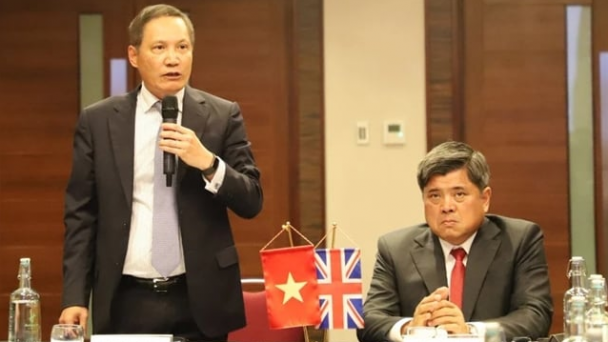
(VAN) On May 13, the Ministry of Agriculture and Environment, in coordination with the Embassy of Vietnam in the United Kingdom, organized a seminar titled 'Connecting trade in Vietnam-UK agricultural, forestry, and fishery products'.
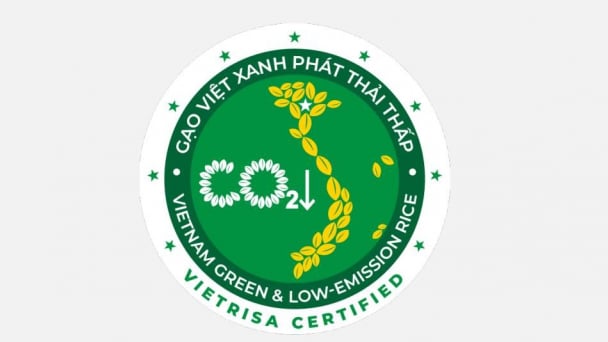
(VAN) The launch of the Vietnam green and low-emission rice brand is a positive signal for both businesses and farmers, marking readiness to reach new heights in the global market.